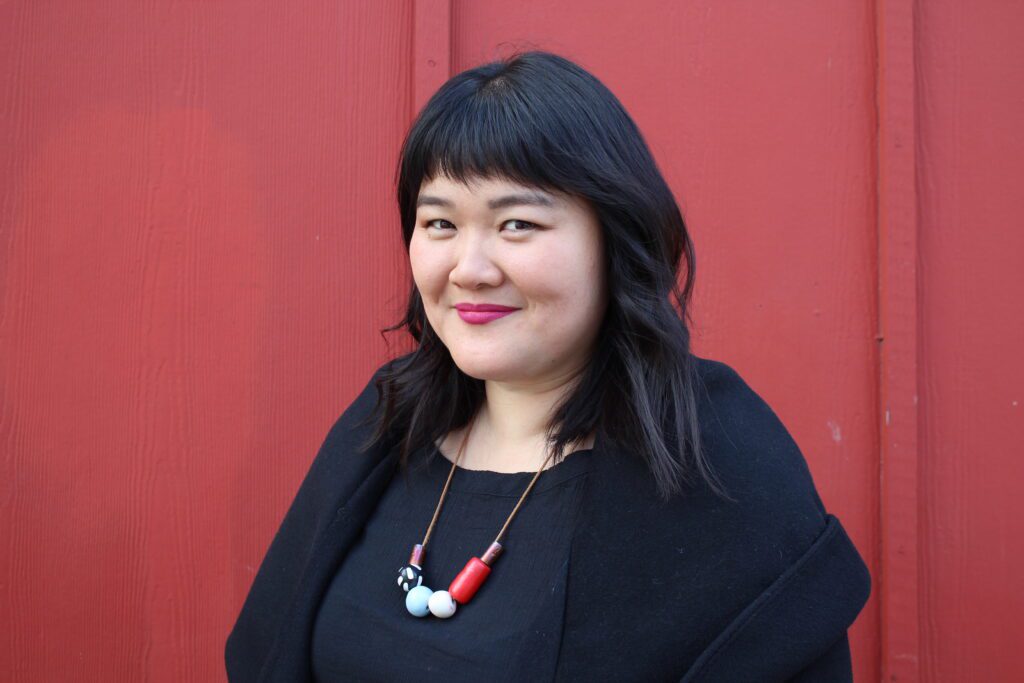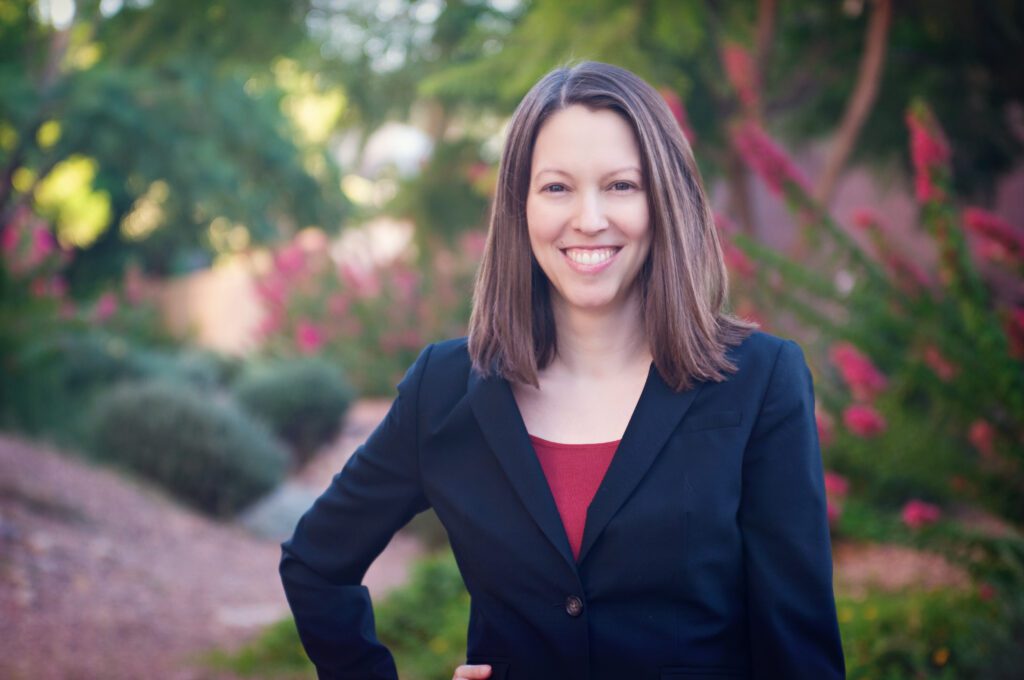
The Flinn Foundation hosts 1999 Flinn Scholar Michelle Yang and 1997 Flinn Scholar Naomi Jorgensen in conversation about Yang’s new memoir, Phoenix Girl: How a Fat Asian with Bipolar Found Love.
The free in-person and online event, which is open to the public, is 5:30-7 p.m., Tuesday, May 13, at the Flinn Foundation in Midtown Phoenix and on Zoom.
Yang, who has five scheduled stops on her ‘Phoenix Girl’ book tour to promote her debut work, is an advocate whose writings focus on the intersection of Asian American identity, body image, and mental health. Books will be available for purchase and signing.
Yang attended Mountain Ridge High School in Glendale and the University of Arizona, where she majored in international studies-applied political economy with an emphasis on East Asia.
She has a Master of Business Administration from the University of Washington. She lives in Ann Arbor, Michigan, and has been featured by numerous national media outlets including NBC News, CNN, NPR, and The Washington Post.

Jorgensen is the chief administrative officer of the law firm Coppersmith Brockelman PLC in Phoenix, where she manages the firm’s financial, operational, and human resources functions. The graduate of Catalina Foothills High School in Tucson, the University of Arizona and James E. Rogers College of Law practiced as an attorney in the area of data privacy and security before transitioning to law firm administration. Before law school, she taught fourth and eighth grades with Teach for America.
About The Book: After Michelle emigrates to the U.S. from the tight-knit ethnic Chinese enclave in Incheon, South Korea, she must adapt quickly to survive. With a dominant, impulsive father in charge—who protects the family from everyone but himself—and a mother who never finds her power, Michelle craves safety and security.
Like tumbleweeds, Michelle and her family bump across the country in a Ford Dixie van before settling in Phoenix. Working at their family-owned Chinese takeout restaurant by age 12, Michelle drowns in pressures beyond her age.
Ultimately, Michelle finds love, not only the romantic kind, but an enduring self-love, which allows her to heal, never give up, and thrive while successfully managing what later becomes a bipolar 1 diagnosis.
The views expressed in this book and by the author are those of the author alone and do not represent the views of the Flinn Foundation.